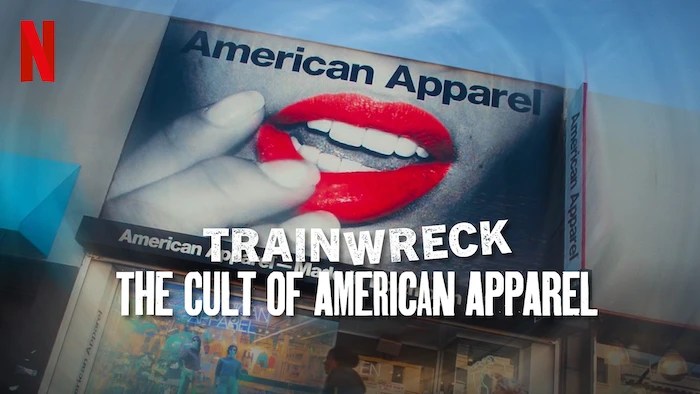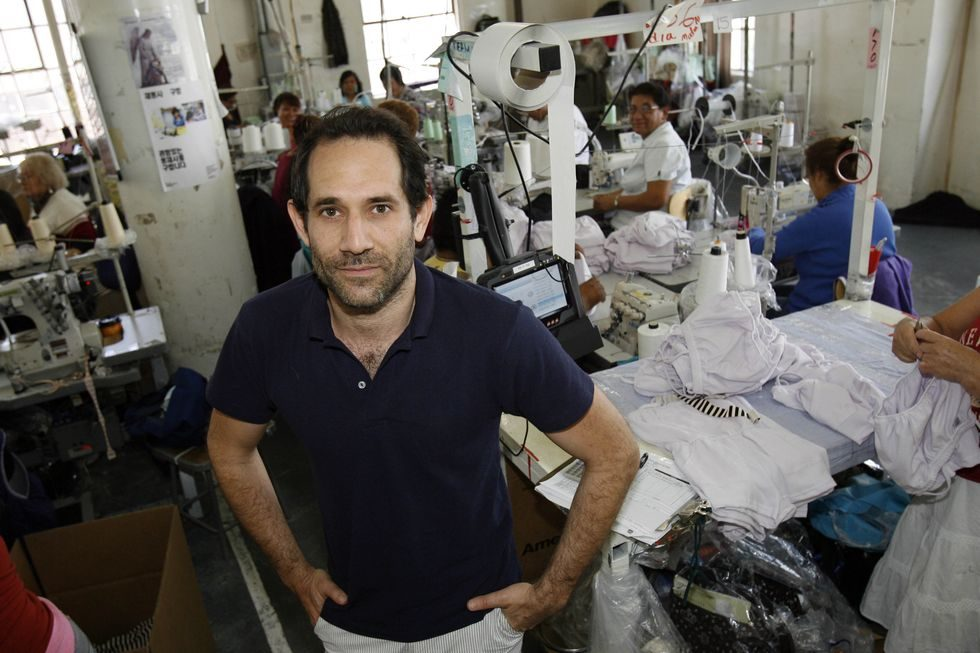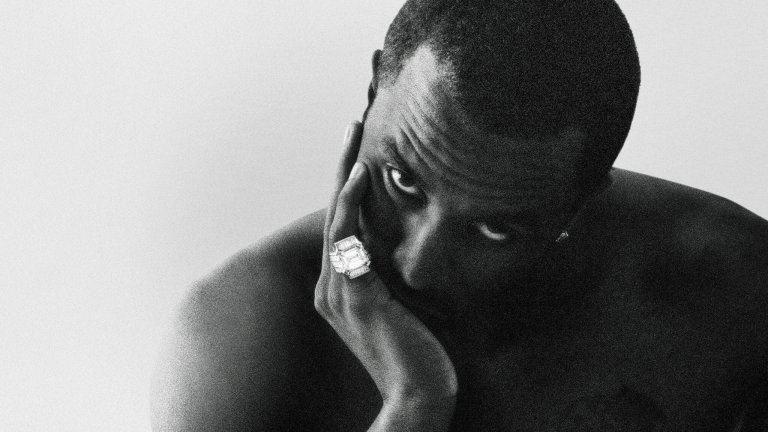
While Everyone Was Mad At Sydney Sweeney’s American Eagle Ad This July, Netflix’s New Documentary Showed American Apparel Was The Real Scandal
By Erin Whitten
American Apparel’s brand image was built on the premise that it was the ethical, sweatshop-free fast-fashion brand. Grungy basics made in Los Angeles, sold with millennial hipster street cred and a sense of cheeky irreverence. Netflix’s documentary Trainwreck: The Cult of American Apparel gladly tears off the lid, showing the dark side of a cult-favorite brand. Everyone from the early 2000s remembers the brand’s iconic billboards, with stylized, blown-out aesthetic, photos of barely-clothed women, many taken by company founder Dov Charney were era-defining. They were subversive, authentic, and some even felt like they pushed the boundaries of female empowerment in advertising. Rewatching them now, in the context of this documentary, those billboards look less like ads and actually more like evidence for a criminal trial.
CEO Dov Charney handpicked a young, impressionable staff, drawn to the company not for career potential but as a safe place to live and work. As employees describe in the documentary, it was common to be hired without résumés, on the basis of a “vibe check,” with welcome packages from the company that included a vibrator and a copy of The 48 Laws of Power. Charney’s role as CEO blurred into something closer to a cult leader, berating and humiliating employees while he lived in the company mansion with those “family members” who best adhered to his standards.
This mistreatment was often sexual. In the company’s culture, employees were groped, sent unwanted nude photos, and otherwise objectified by their boss. Employees interviewed describe Charney yelling abuse to his staff through phone calls at 2 a.m. which included ordering workers to strip naked as part of a so-called “social experiment”. Even more insidious than the sexual abuse was how it extended to all parts of Charney’s management. His conduct was psychologically abusive, verbally abusive, and enabled by laws like forced arbitration agreements which waive workers’ right to a jury trial. Charney never even had to publicly answer for his actions in court for many years.
The documentary itself is short, a little too short, almost. Clocking in at just 54 minutes, it skims the surface of the ocean of abuse that extended for decades at the company. Even in a short runtime, the film works to peel back the facade of American Apparel to get to the emotional core of its culture. It took people in, made them feel special, and then tore them apart. Former employees Carson and Jonny recount their time at the company with a sense of nostalgia that bleeds into trauma, a yearning for a sense of meaning undercut by the memories of humiliation.

At the end of the day, the larger issue here is how much culture itself contributed to that myth-making. Charney’s behavior was an open secret for years. Charney’s office was full of sex tapes, and he regularly sent inappropriate and often violent threats to employees via text. And it didn’t stop American Apparel from becoming a billion-dollar company or a symbol of ethical fashion.
In any case, the American Apparel brand has since fallen apart, filing for bankruptcy in 2015. Charney continues to dabble in the fashion world, starting another brand, Los Angeles Apparel, and recently working with Kanye West on Yeezy. You can watch this documentary on Netflix today, but be prepared to rage against the man, and people who let this slide in the shadows for so long.











